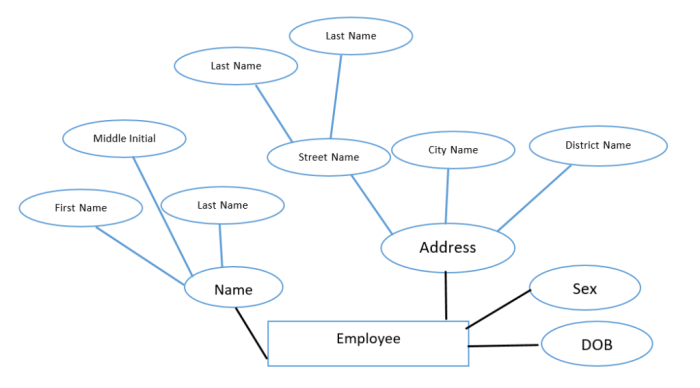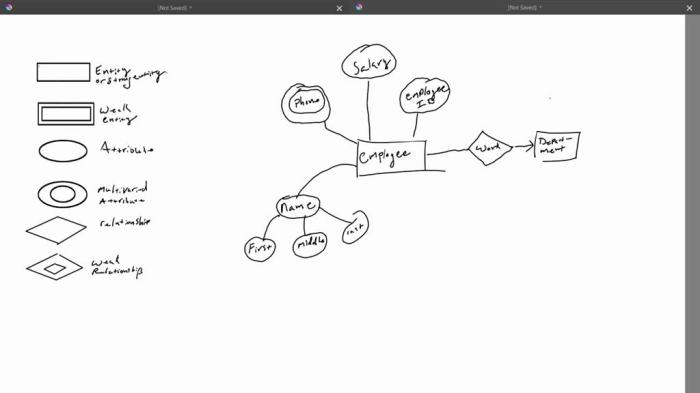Composite attributes make it easier to facilitate detailed queries. – Composite attributes empower detailed queries by combining multiple attributes into a single, cohesive unit. This innovation enhances query formulation, enabling users to express complex search criteria with greater precision and efficiency.
In e-commerce, composite attributes allow users to filter products based on combinations of size, color, and brand. In healthcare, they facilitate the retrieval of patient records based on demographics, medical history, and treatment plans. In CRM, composite attributes enable the segmentation of customers based on purchase behavior, demographics, and preferences.
Composite Attributes in Detailed Queries

Composite attributes are powerful tools in query formulation that allow users to combine multiple attributes into a single, cohesive unit. This enables more detailed and efficient queries, resulting in more precise and relevant results.
Advantages of Using Composite Attributes, Composite attributes make it easier to facilitate detailed queries.
- Improved accuracy: Composite attributes provide a more granular level of detail, reducing the likelihood of false positives or missed matches.
- Enhanced relevance: By combining multiple attributes, queries can be tailored to specific requirements, increasing the relevance of the results.
- Increased efficiency: Composite attributes optimize query performance by reducing the number of joins and calculations required.
Design Considerations for Composite Attributes
Effective composite attribute design requires careful consideration of the following factors:
- Attribute types: Define the data types and formats of the attributes within the composite attribute.
- Attribute values: Specify the range of possible values for each attribute.
- Attribute relationships: Establish the relationships between the attributes, such as hierarchy or dependencies.
Implementation of Composite Attributes
Implementing composite attributes involves:
- Creating the composite attribute in the database schema.
- Using query languages such as SQL to leverage composite attributes in queries.
- Optimizing queries to ensure efficient execution.
Advanced Applications of Composite Attributes
Composite attributes extend beyond traditional query formulation, finding applications in:
- Natural language processing (NLP): Composite attributes enhance text analysis and sentiment analysis by capturing the context and relationships within text data.
- Machine learning (ML): Composite attributes facilitate feature engineering and model building by providing a structured and informative representation of data.
Key Questions Answered: Composite Attributes Make It Easier To Facilitate Detailed Queries.
What are the key advantages of using composite attributes?
Composite attributes enhance query accuracy, relevance, and efficiency by enabling the expression of complex search criteria with greater precision.
How are composite attributes implemented in database systems?
Composite attributes can be implemented using SQL and other query languages. They involve defining attribute types, values, and relationships to create a cohesive unit that can be leveraged in queries.
What are some advanced applications of composite attributes?
Composite attributes find applications in natural language processing, sentiment analysis, and feature engineering for machine learning algorithms.

